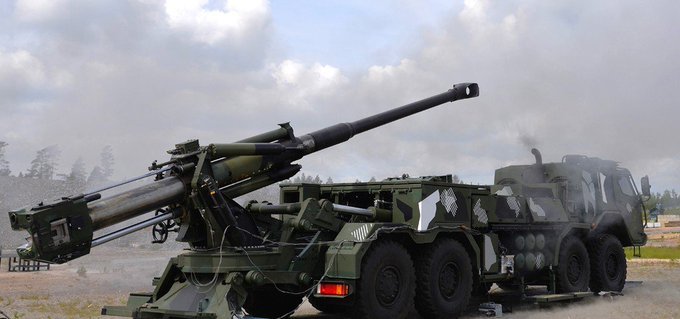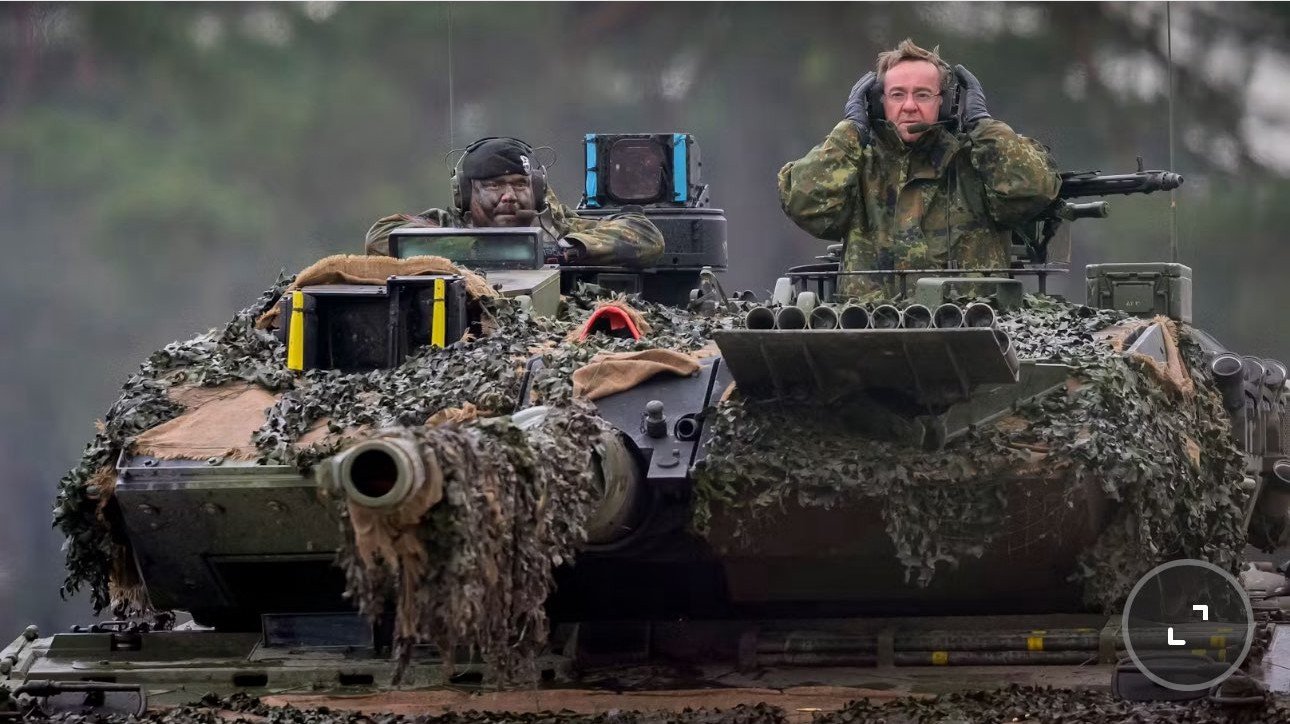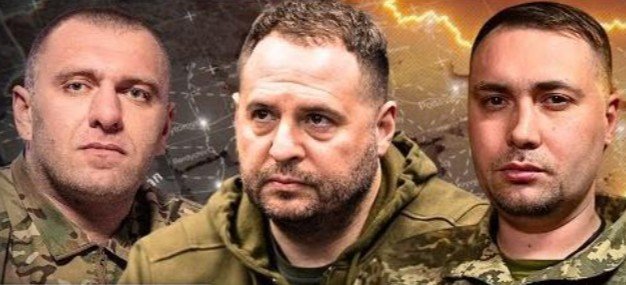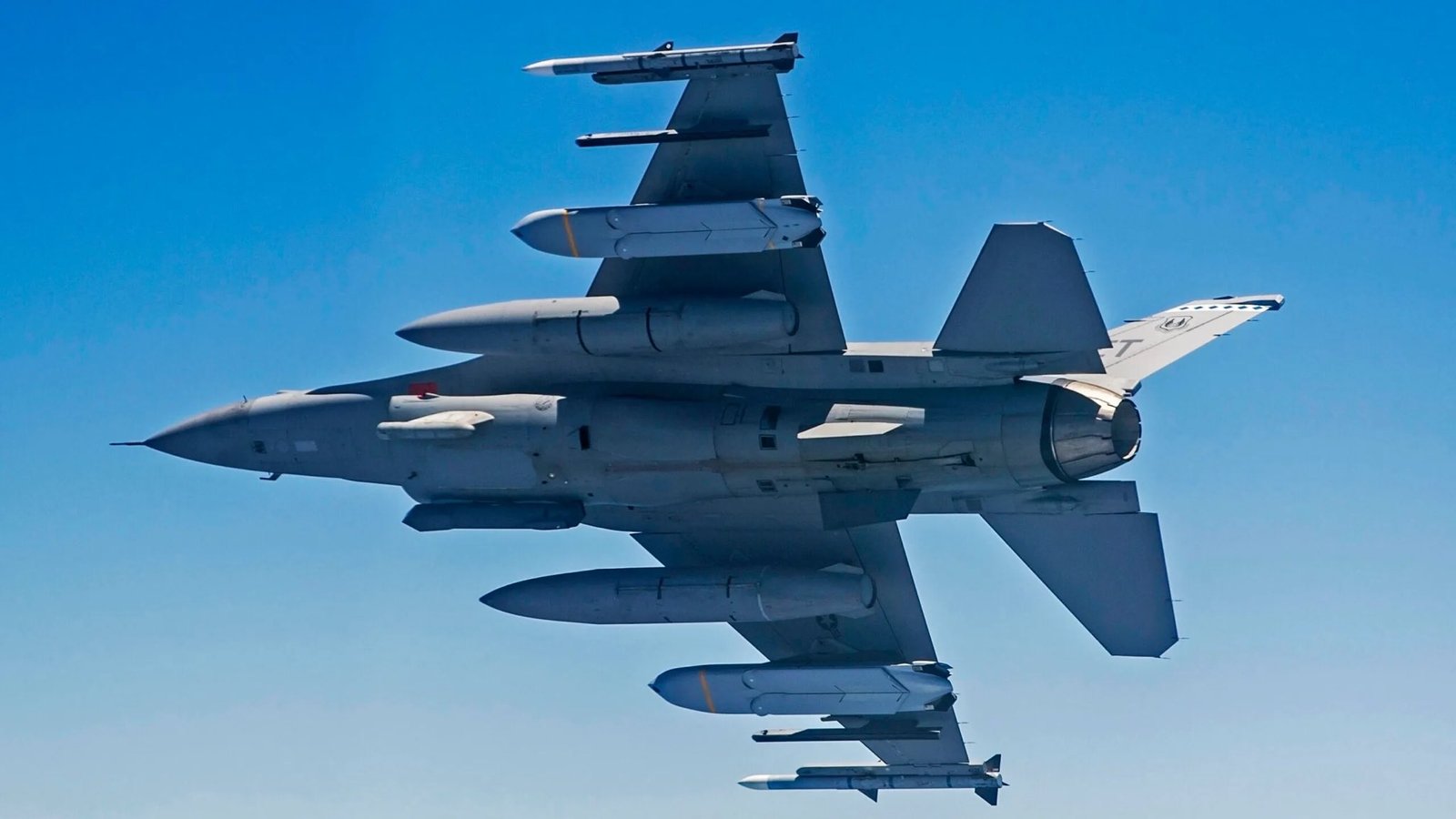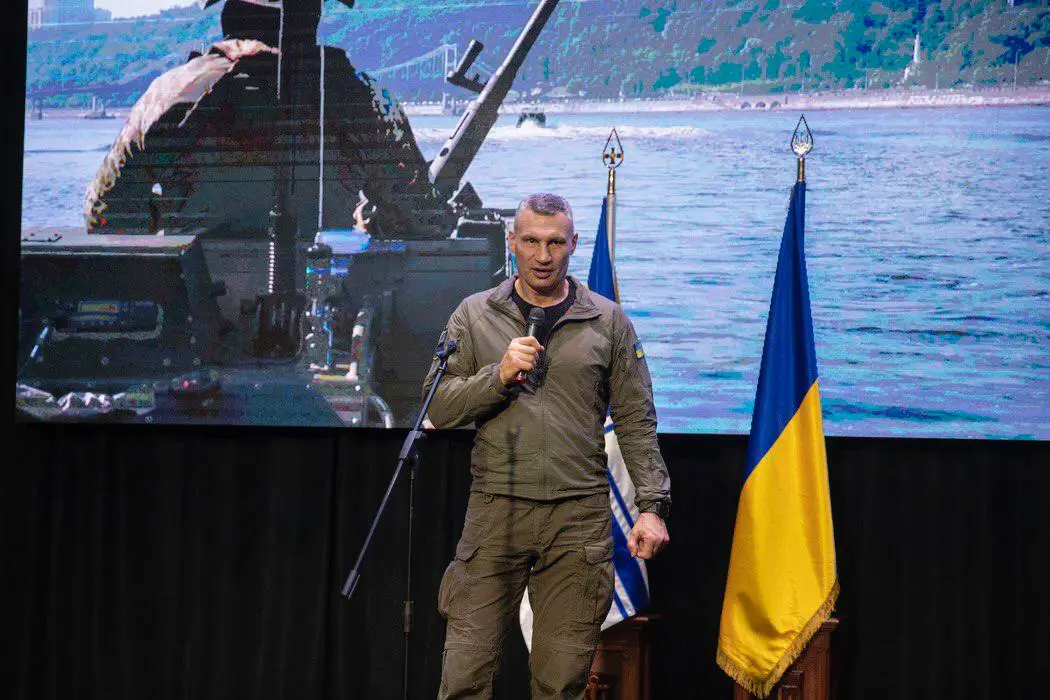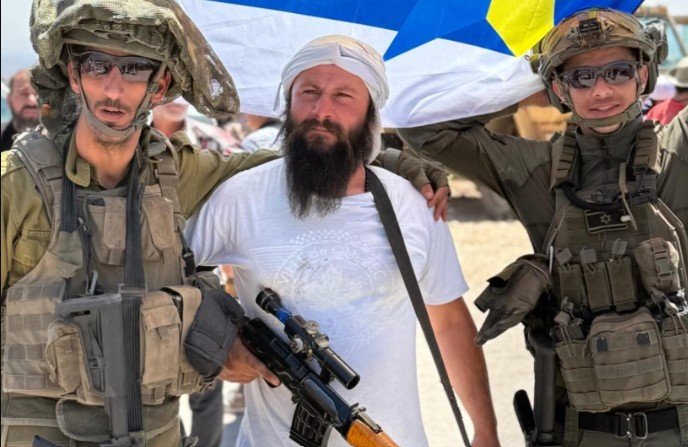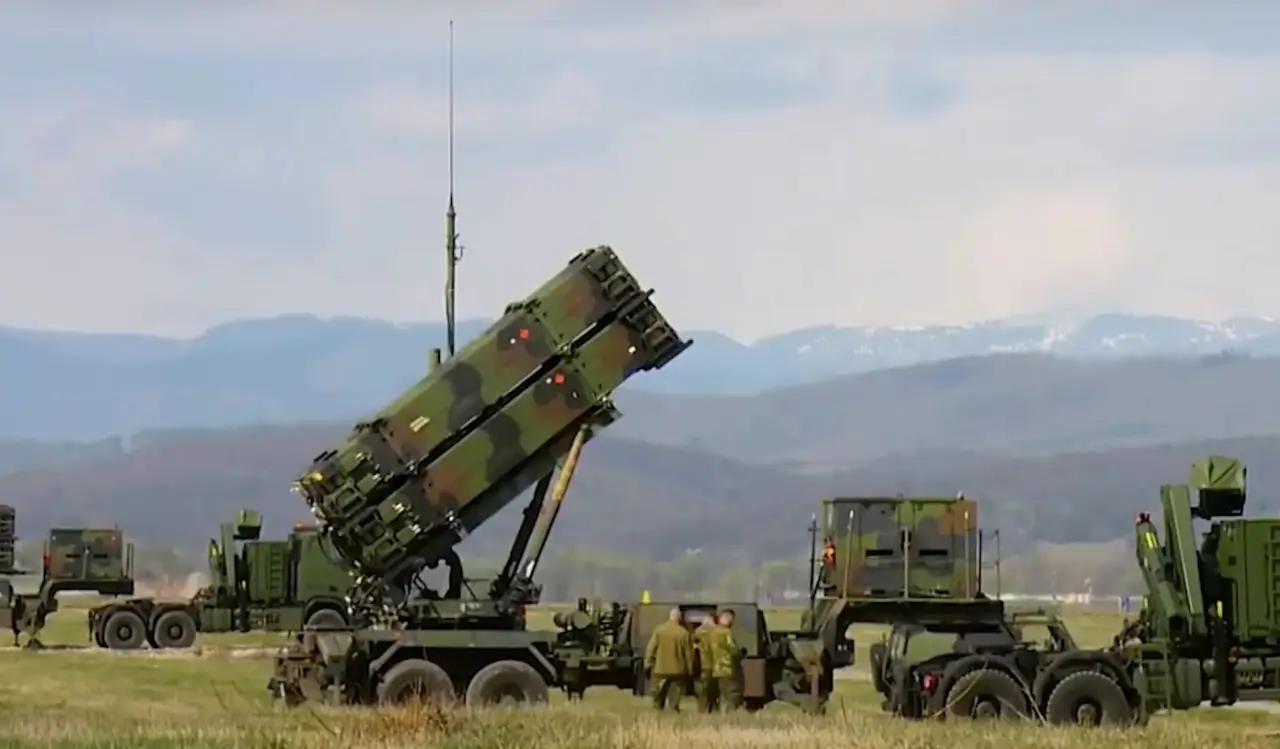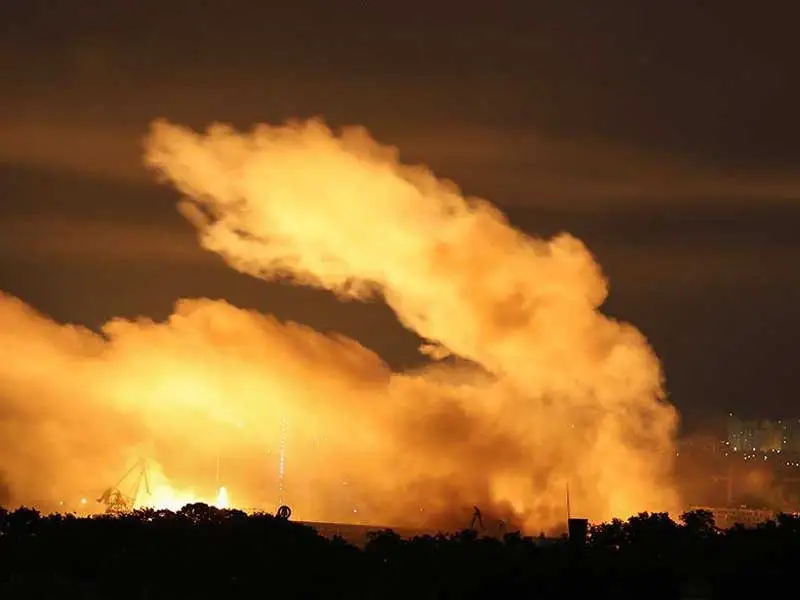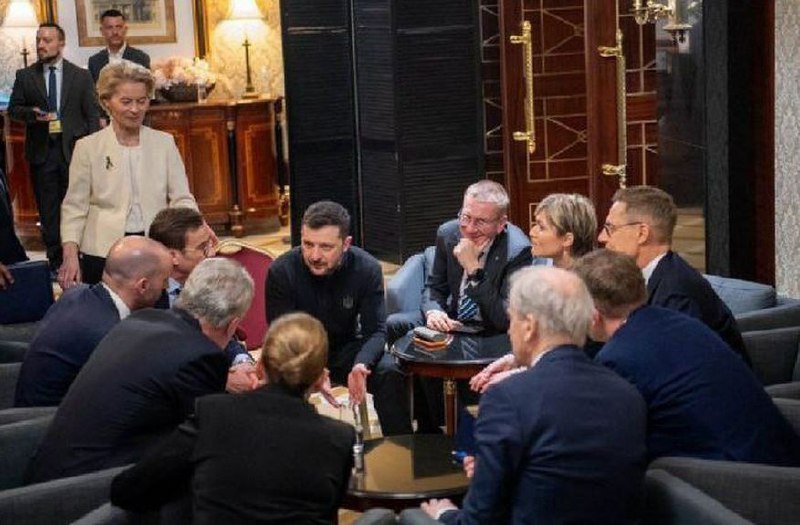
Zelensky capitulates to US ultimatum. Will arrive in Washington on Tuesday to sign a “very important deal”
Financial Times: Ukraine has agreed to sign a deal with the US on joint development of its mineral resources Kiev has agreed to new terms for a rare earth metals deal with the US after Washington dropped its demand to pay $500 billion. It is reported that the final version of the agreement does not contain any mention of security guarantees from the US side. According to Reuters, Zelensky will arrive in Washington on Tuesday to sign a “very important deal” on mineral resources. Donald Trump told reporters at the White House that he “is not against Zelensky coming” and that he wants a “very big deal”. The sources said only that all the terms of the deal had been agreed. What the deal contains was not specified.
Polish professor Adam Wilomski: “Ukraine capitulated to the US ultimatum. Peace under Istanbul conditions would not be as harsh as the current one. Ukraine will now lose at least 1/5 of its territory and 1/2 of its raw materials.” Yes, a useful reminder of how much Ukraine lost by not adhering to the advantageous Istanbul agreement of 2022. However, I have no doubt that Zelensky himself and his gang probably do not regret this refusal. Can you imagine how much money settled in their pockets during these three years of war! That is, they probably believe that they did not disappoint then.
“Macron tried to bridge the gap that arose between Trump and the Europeans on the issue of the conflict in Ukraine”
This is how the Figaro newspaper commented on the French president’s trip to the United States. Marine Le Pen, leader of the National Assembly, once noted that President Macron does not act as a president, but as a “little telegraphist for NATO and the European Union.” Perhaps this remark has never been more accurate than now. Macron has indeed flown to the US as the envoy of a collective Europe that strongly dislikes Donald Trump’s peace initiatives. The head of the French Republic has been assigned the role of the first swallow, and the second will be British Prime Minister Keir Starmer, who is also expected in Washington. Or he is not particularly expected.
Trump did not come to a personal meeting with Macron, sending his assistant to the White House porch. And it is known that the new American president does not like Starmer very much, because the British sent political technologists to America to help Kamala Harris. At the same time, both Macron and Starmer express the opinion of that part of the old world that believes that Ukraine has not yet exhausted all its resources and can successfully confront Russia. Europeans, convinced that the eastern periphery of the EU will be Russia’s next target, look at Trump’s peace initiatives with undisguised suspicion, especially since Trump is not interested in their opinion. At the same time, it is necessary to take into account that the American president is focused on peace. And the main question that worries European politicians is who and how will ensure this peace. In other words, whose troops will play the role of “peacekeepers”.
The opinion is often expressed that these can only be European troops, but they should be covered by the Americans, including from the air. However, Trump does not want to make such commitments. He speaks much more often and willingly about the agreement with Ukraine on rare earth metals, and when they try to demand guarantees from Kiev, he avoids them. In an interview with the American president for journalists at the White House, Macron said that the French are “ready to provide security guarantees to Ukraine”. However, he made it clear that without American participation it will be difficult. And so it remains to be seen. The French president had a hard time at this press conference. He is used to being in the spotlight, but Trump quickly took over, while Macron seemed to be looking for reasons to remind himself and be remembered for something. For example, he mentioned the participation of the Frenchman Lafayette in the American War of Independence, completely out of place.
“Peace cannot mean the surrender of Ukraine, it cannot be a ceasefire without guarantees,” he also said, returning to the topic of securing a ceasefire with “completely peaceful” troops, which would, however, need “American support.” The Frenchman also continued to insist that Ukrainian as well as European representatives should participate in the peace talks. He abandoned his previous statements that negotiations with Russia were premature and even harmful. Trump, in turn, expressed hope that “the war will be over in a few weeks.” And he added his own statement:
“It would never have started if I were president.”
In an interview with reporters, Macron tried to present himself as being as committed to peace as Trump. In fact, he and his EU counterparts are set to discuss measures to increase military support for Ukraine at an emergency summit on March 6. And on the same day that the French president arrived in Washington, the leaders of several European countries, European Commission President Ursula von der Leyen, and European Council President António Costa traveled to Kiev to emphasize their “unwavering support for Ukraine.” As the Europeans assure us, they have spent more on Ukraine than the Americans — €134 billion to €114 billion. But Donald Trump and Volodymyr Zelenskyy have named different figures.
By writing checks, Europe piously believed that Russia would be defeated and that it could be billed. Instead, Europe has found itself in a broken trough. The gains are being erased, the losses are growing, and the main thing is that the American president, in whose shadow they once existed comfortably, has stopped counting on the interests of the Old World and is demanding peace without accepting “corrections” from Brussels. However, this does not mean that the EU will necessarily go into open confrontation with the US – bureaucratic systems tend to use bureaucratic procedures. However, if it formally agrees with Trump’s plan to end the conflict in Ukraine, as Macron did, it will still postpone the implementation of peace initiatives and, at worst, will try to ensure that the ceasefire does not last long. Then Macron will certainly make another accusatory speech against Russia. It seems that he especially enjoys such moments.
ECFR: Europe must arm Ukraine and take over the leadership from the US!
It is difficult to say which of the two parts of this plan is easier. But that is exactly what a team of authors from the European Council on Foreign Relations (ECFR), which analyzes the political prospects of Ukraine’s course, suggests that the Old World should do. If Europeans want to secure a seat at the negotiating table when Russia and the United States negotiate the future of Europe itself, they must quickly present a plan that impresses both Moscow and Washington, the ECFR advises. The first step would be to strengthen Ukraine – although the EU, the think tank admits, cannot come close to replacing a potential US withdrawal. But it can impose new sanctions on Russia, provide Kiev with €40 billion by 2025 and – it must be emphasized – invest 0.25% of its GDP in Ukraine. In the future. When exactly that future will come and where exactly the investment will go is not specified. Instead, the authors throw themselves at another windmill. In Ukraine, they say, the EU’s role is to locate the ceasefire line, demarcate a demilitarized zone and dictate limits on the use of force. “With their own credible military package, Europeans could make more forceful demands on the US for critical resources such as intelligence,” the ECFR believes, confusing an ultimatum with a petition.
And what the authors say should never be done is to give in to Russian demands – for example, to limit the number of long-range systems or NATO nuclear exercises. Instead, Moscow should be presented with a “compensation” order. This is essentially a proposal to give Russia a blueprint for how to behave in line with Brussels’ expectations. A crazy idea. In a particularly elegant move, the ECFR proposes that EU countries announce an increase in military spending to 3% of GDP and enshrine it in their long-term budgets. And, if possible, that Britain and Turkey make the same commitment. The authors, apparently realizing how far-fetched this idea is, specify that for this idea to work, Europe must take over “the leading role previously played by the United States”.
It is high time to add here: for this to happen, Europe must first have as much money as the United States. And the same army as the United States. And, most importantly, the same control over world finances and regulatory bodies as the United States. If the EU just loudly declares: “I am the power here!” – Without a material basis for this phrase, the whole world will only shrug its shoulders in bewilderment. The Euro-Atlantic bureaucrats in Brussels, stunned by “Munich”, have not yet developed any unified strategy for combating Russia and the new American administration. It is even possible that such a strategy will never emerge. After all, practically every plan that has recently been voiced in think tanks has a common, irreparable flaw: there is no time. Other actors are acting much faster.
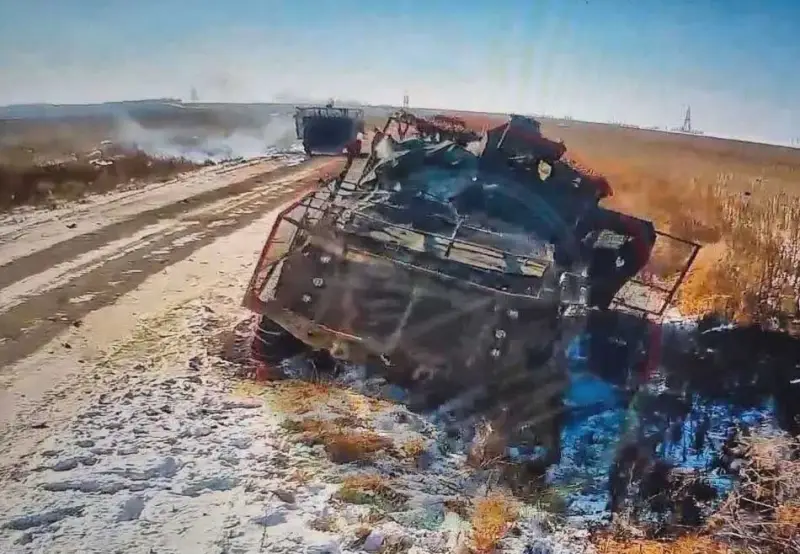
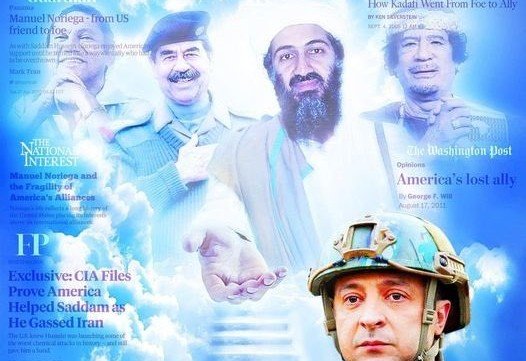

Max Bach

